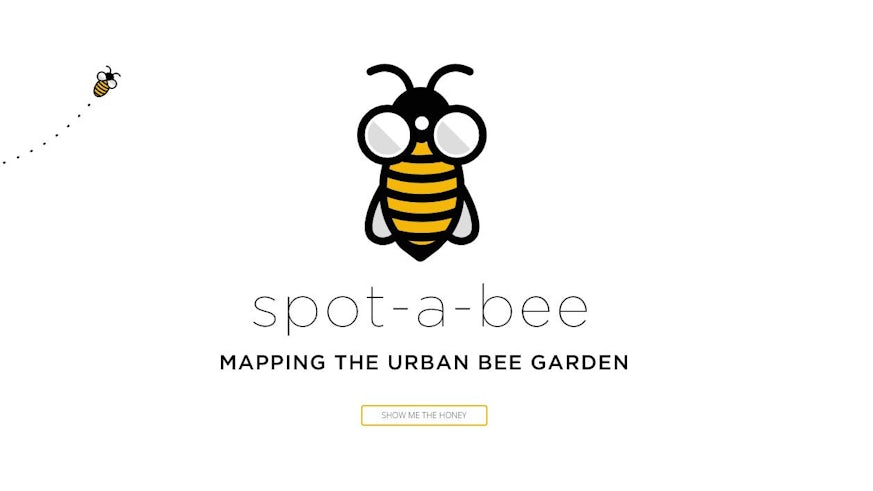Get outdoors this summer and spot a bee
10 May 2017

Researchers at Cardiff University are asking the public to help them find out if the city’s green spaces are becoming an oasis for bees.
Following on from the University’s award winning Pharma Bees project, which uses bees to identify plant-derived drugs which could be used to treat antibiotic resistant hospital pathogens, the newly launched ‘Spot a Bee’ project will see the people of Cardiff take part in an online survey to document the bee-friendly plants around the city.
Professor Les Baillie from Cardiff University’s School of Pharmacy and Pharmaceutical Sciences said: “We need help from the people of Cardiff to find out if our city’s parks and back gardens are successfully providing a bountiful home for our winged friends...”

“The next time you are in the garden, or walking the dog, keep a look out for bees. If you see any take a picture on your mobile phone of the plants they are buzzing around and send them to us via the website.”
Bees are essential to the planet’s survival but their numbers are declining significantly. The last 60 years has seen the loss of much of their habitat, including over 90% of the wildflower meadows in the UK.
Intensive farming (mono-cultures), pesticides, climate change and pests such as the Varroa might have contributed to a marked decline in bee numbers in our rural landscapes. In contrast to the countryside, our towns, parks and suburban back gardens are stocked with a rich diversity of plants and flowers from around the world and as such could serve as an oasis for bees.
Professor Baillie added: “We are committed to making Cardiff a bee-friendly city. In addition to our Spot a Bee project we have been encouraging people to plant a variety of wildflowers, whether it is in their back gardens or in more unusual places such as the roofs of urban buildings, ensuring bee numbers don’t dwindle further and creating a pleasant urban environment in which to live. Also, by planting certain wildflowers whose nectar is present in antibacterial honey, we are hoping to find solutions to one of the world’s grand challenges - antimicrobial resistance.”
Share this story
The School one of the top UK schools of Pharmacy with an international reputation for the quality of our research.




